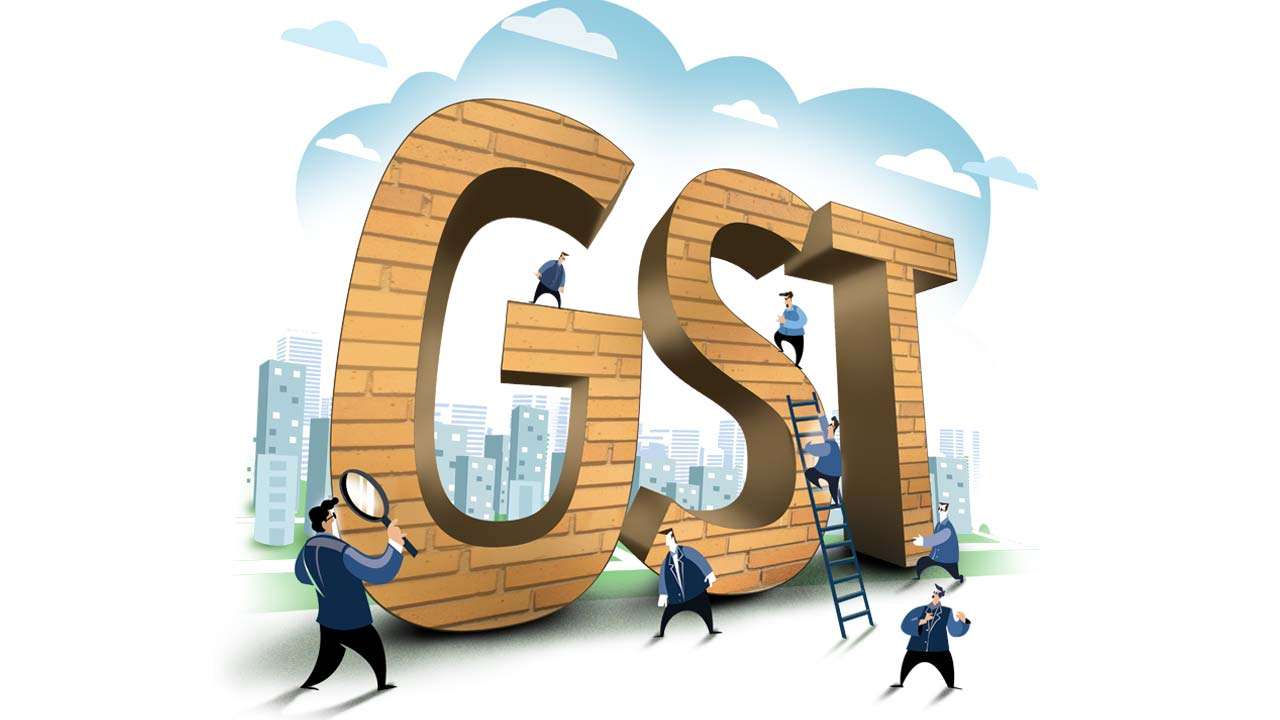6 Most Significant Benefits of GST for SMEs

Earlier, small and medium business owners had to pay a long list of indirect taxes to run their businesses. But, the implementation of the GST Bill in 2017 combined almost all types of indirect taxes into one taxation system in India.
Hence, GST implementation has become a boon for individuals interested in start-ups. In addition, knowing the advantages of GST can help an entrepreneur in myriad ways to leverage his/her businesses.
6 benefits of GST on small and medium enterprises in India
1. Abolition of cascading effects of tax
Initially, small and medium business owners had to pay ‘tax on tax’ at every point from manufacturing to selling.
To understand the cascading effect, individuals need to compare the taxation system before and after the effect of GST.
For example, before 2017, if a product was manufactured at Rs.1000, the manufacturer had to pay an excise duty of 10%. If the product has to be sold within the state, the individual had to pay VAT or CST for the interstate selling. If the CST or VAT is 2%, he had to bear the total amount of Rs.1122. That implies he had to pay double taxation, such as 2% tax on Rs.1000 and excise duty.
GST reduces this cascading effect of tax. For the same manufacturing cost of Rs.1000, the individual has to pay 12%, including 10% excise duty and 2% CST. Now, they have to pay Rs.1120 and thus saving of Rs.2.
2. Reduction in start-up costs
With the effect of GST, small and medium business owners can get a tax relaxation on up to Rs.20 lakh annual turnover, which is raised to Rs.40 lakh later. If the annual business turnover is below Rs.40 lakh, there is no need to register for GST.
Another benefit of GST registration for SMEs is that start-up companies don’t have to follow different taxation rules for the States and Central Government. Earlier, new companies had to pay taxes to different authorities within the states and intra-states. Now, individuals need to pay a uniform tax, eliminating the need to pay multiple procedural fees and furnish complicated paperwork. So, to avail the many advantages of GST, individuals can learn how to register for GST online.
3. Elimination of separate goods and services tax
Before implementing the GST bill in 2017, business owners dealing in goods and services had to pay separately for VAT and central sales tax. But GST removed the distinction between goods and service tax. As a result, return filing on GST for small and medium business owners have become easy.
With the removal of cascading taxes, GST has promoted ‘One nation, one tax system’. It is a uniform tax on the supply of goods and services. Hence, apart from knowing the GST meaning, one should also know the procedures for GST application.
4. Reduced logistics costs
Earlier, small and medium business owners had to pay multiple taxes such as entry taxes for transporting raw materials in various cross-border check posts. It created an impediment in the inter-state movement of goods. As a result, it affected the cost of the goods, and the end consumers had to bear the extra cost. For better understanding, you can also know how GST affects the FMCG sector.
However, one of the advantages of GST is that it has relaxed intra-state business operations.
5. Easy tax payment
The reduced tax burden is one of the impacts of GST on small and medium businesses. GST has eased out the tax filing process for small and medium business individuals.
Earlier, individuals had to pay taxes separately for the Central and state governments. However, GST replaced indirect taxes like excise duty, sales tax, service tax etc. So, individuals can easily pay a singular tax that is GST.
6. Defined standards for E-commerce sites
Prior to GST implementation, small and medium business owners did not have the guidelines to supply through e-commerce sectors. But, online sellers should mandatorily register under GST irrespective of sales turnover and look for tips to grow e-commerce business faster.
Hence, starting a business is more feasible after GST implementation. Individuals intending to increase their business turnover can opt for business loans available in selected NBFCs in India.
Furthermore, individuals can also opt for pre-approved offers for business loans from selected NBFCs like Bajaj Finserv. These offers expedite and simplify loan processing. Apart from business loans, they also extend these offers on personal loans, business loans, credit cards etc. To check your pre-approved offers, provide important credentials.
Overall, GST has paved the way for small and medium business persons to compete with larger enterprises. Previously, small business owners were to sell within states as they had to avoid paying multiple taxes. One of the advantages of GST is that it relieves small business owners from paying various tax burdens.




